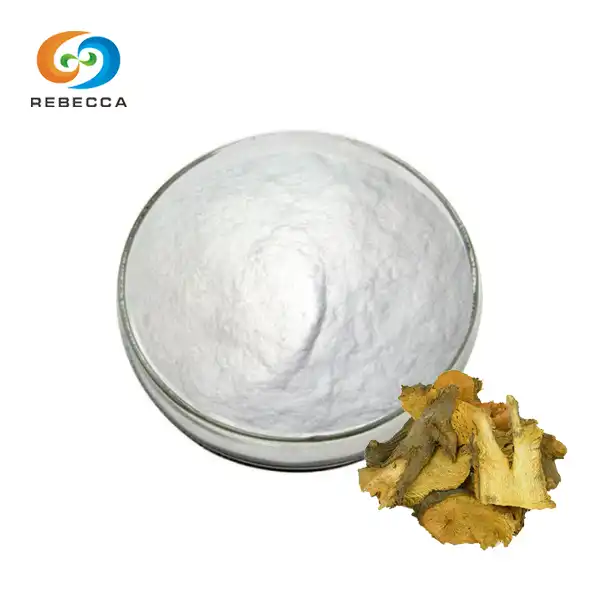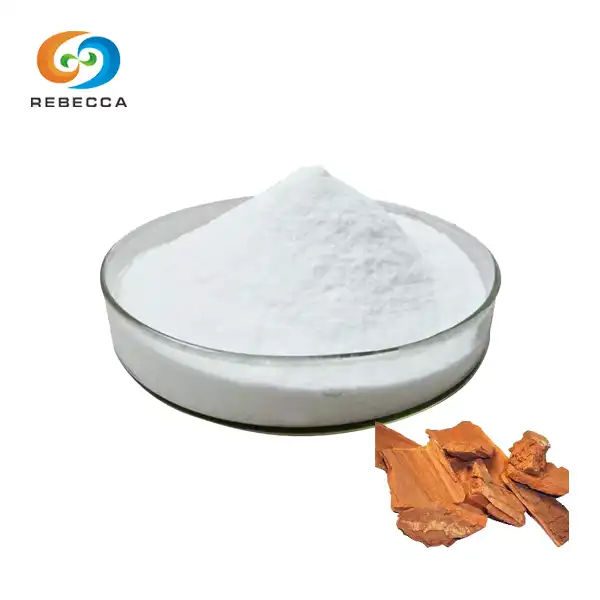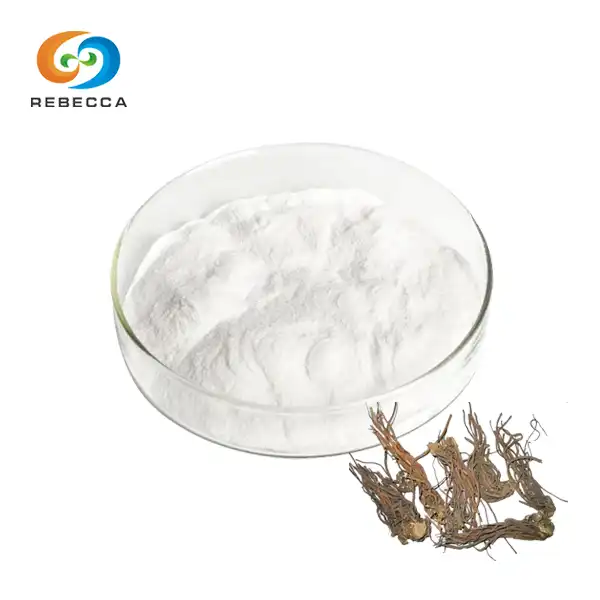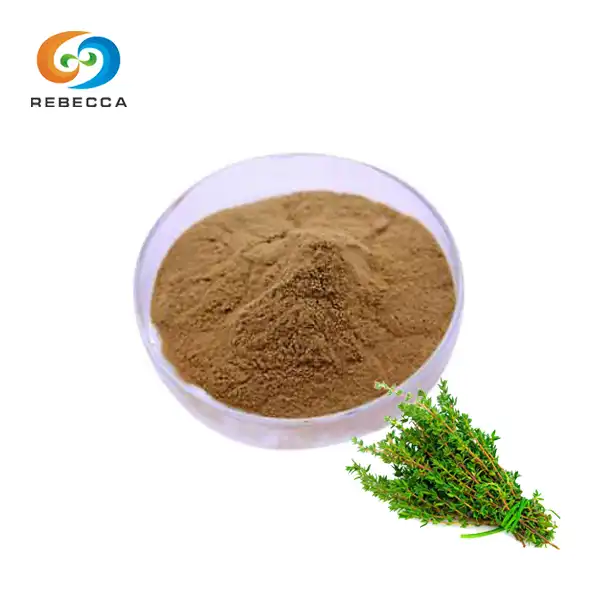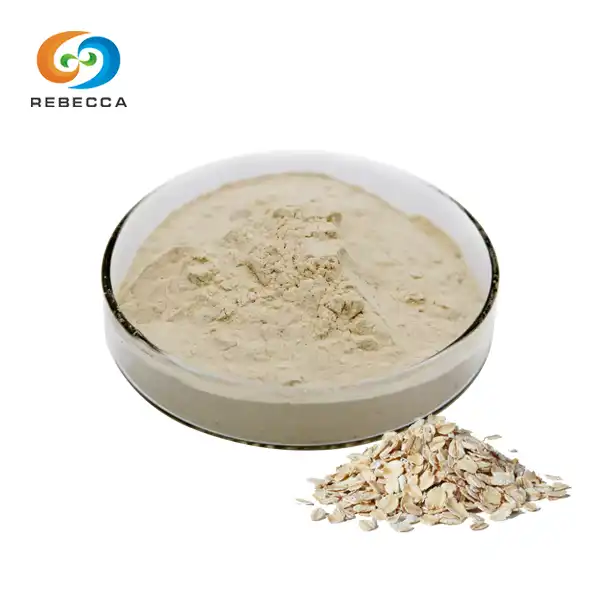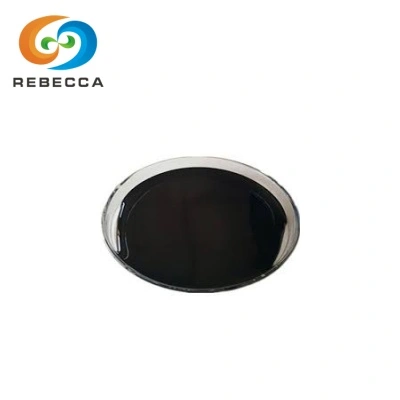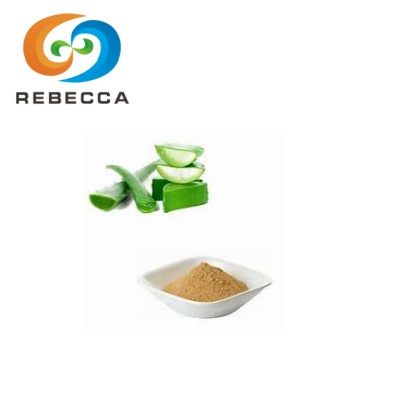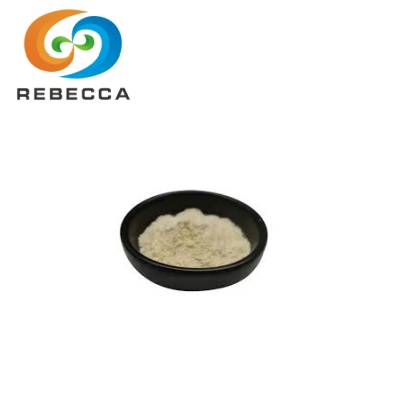Is curcumin toxic to the liver?
Curcumin, the primary compound present in turmeric, has attracted considerable interest due to its possible health advantages. Nevertheless, there are apprehensions regarding its safety, especially in relation to liver function. The brief response is that curcumin is typically non-toxic to the liver when ingested in the moderate quantities commonly found in food or supplements. In fact, a wealth of research indicates that curcumin may possess hepatoprotective qualities, potentially enhancing liver function. Nonetheless, as with any supplement, excessive intake or usage without appropriate oversight may result in negative effects.
curcumin extract powder, extracted from turmeric, is extensively utilized across various sectors, ranging from pharmaceuticals to cosmetics. Its strong antioxidant and anti-inflammatory attributes render it an important component in numerous products. Although it is generally deemed safe, understanding its impact on liver health is essential, particularly for those involved in the health supplement and pharmaceutical fields. This article will investigate the connection between curcumin and liver health, examining both its possible advantages and any safety issues.
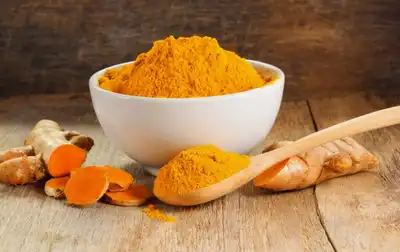
Impact on Liver Health
Hepatoprotective Properties
Research has shown that curcumin possesses hepatoprotective properties, which means it may help protect the liver from damage. This is particularly significant for pharmaceutical companies and health supplement manufacturers looking to develop liver-supporting products. its antioxidant capabilities play a crucial role in this protective effect. It helps neutralize free radicals and reduce oxidative stress, which are major contributors to liver damage.
Besides, it has illustrated the capacity to tweak different molecular pathways included in liver health. It can impact the expression of qualities related to inflammation, fibrosis, and cell passing in liver tissues. This multi-faceted approach to liver protection makes Curcumin 98% an attractive option for companies developing nutraceuticals aimed at supporting liver function.

Anti-inflammatory Effects On The Liver
Inflammation is a key factor in many liver diseases, including non-alcoholic fatty liver disease (NAFLD) and alcoholic liver disease. its potent anti-inflammatory properties make it a subject of interest in hepatology research. Studies have appeared that curcumin can offer assistance decrease liver inflammation by hindering pro-inflammatory cytokines and balancing provocative signaling pathways.
For pharmaceutical companies exploring natural compounds for liver health, its anti-inflammatory effects present an opportunity for developing novel therapeutic approaches. The ability of curcumin powder to target multiple inflammatory pathways simultaneously makes it a versatile compound for potential liver health applications.

Curcumin And Liver Enzyme Levels
Liver enzymes such as ALT (alanine aminotransferase) and AST (aspartate aminotransferase) are important indicators of liver health. Elevated levels of these enzymes often suggest liver damage or dysfunction. Several things have explored the impacts of curcumin supplementation on liver protein levels, with promising results.
Research has appeared that curcumin may offer assistance normalize liver enzyme levels in different conditions, counting fatty liver infection and drug-induced liver injury. This effect is particularly relevant for health supplement companies looking to develop products that support overall liver function and health. The potential of Curcumin Extract Powder to positively influence liver enzyme levels adds to its appeal as a natural ingredient in liver health formulations.
Safety Considerations And Potential Side Effects
Dosage And Bioavailability Concerns
While curcumin is by and large considered secure, its adequacy and potential for side impacts can be affected by measurement and bioavailability.
it has moderately moo bioavailability when expended orally, which implies that an expansive parcel of it may not be retained by the body. This has led to the development of various formulations aimed at enhancing its absorption.
For pharmaceutical and supplement companies working with curcumin 98%, it's crucial to consider these bioavailability issues. Some strategies to improve absorption include combining curcumin with piperine (found in black pepper) or using liposomal delivery systems. However, increased bioavailability also means a higher likelihood of interactions and potential side effects, necessitating careful dosage considerations.
Potential Drug Interactions
Curcumin is known to interact with a range of medications, making it a crucial factor for both drug manufacturers and users. It can influence the metabolism of specific drugs by either suppressing or promoting enzymes that play a role in drug metabolism. This is especially significant for drugs metabolized in the liver.
Some notable interactions include those with blood thinners, diabetes medications, and certain cancer drugs. For instance, it may enhance the effects of blood thinners, potentially increasing the risk of bleeding. Companies developing products containing curcumin extract powder should be aware of these potential interactions and provide appropriate warnings or contraindications on their products.
Rare Cases Of Liver Toxicity
Although curcumin is typically harmless for the liver, there have been unusual reports of liver damage associated with its consumption. These occurrences are generally linked to excessive doses or extended periods of curcumin supplementation. It is crucial to understand that such cases are exceedingly uncommon and usually entail additional contributing factors.
For enterprises in the health supplement sector, this emphasizes the necessity of offering clear dosage guidelines and recommending that consumers seek advice from healthcare professionals prior to initiating any new supplement routine. It also brings to light the demand for ongoing investigation into the long-term implications of high-dose curcumin supplementation. Responsible incorporation of curcumin powder in product formulations should take these considerations into account to guarantee consumer safety.

Clinical Studies
The possible advantages of curcumin for liver wellness have been investigated in numerous clinical trials. These investigations have examined its impact on a range of liver ailments, such as fatty liver disease, hepatitis, and liver fibrosis. Many of these trials have shown promising results, demonstrating its ability to improve liver function markers and reduce inflammation.
For pharmaceutical companies and research institutions, these clinical studies provide valuable insights into the therapeutic potential of curcumin extract powder. They offer a foundation for developing targeted liver health products or therapies.
Curcumin supplier
As a proficient curcumin supplier in China, we specialize in creating high-quality curcumin with a noteworthy yearly yield surpassing 30,000 kilograms. Our state-of-the-art generation office keeps up steady quality control guidelines all through the fabricating prepare, guaranteeing item soundness and unwavering quality. We take pride in advertising the most competitive costs in the showcase never compromising on quality. Our broad involvement and large-scale generation capabilities make us a trusted provider for clients around the world looking for premium curcumin ingredients.
If you would like to ask for an inquiry, you can talk to them at information@sxrebecca.com.
References
1. Farzaei, M.H., Zobeiri, M., Parvizi, F., et al. (2018). Curcumin in Liver Diseases: A Systematic Review of the Cellular Mechanisms of Oxidative Stress and Clinical Perspective. Nutrients, 10(7), 855.
2. Kunnumakkara, A.B., Bordoloi, D., Padmavathi, G., et al. (2017). Curcumin, the golden nutraceutical: multitargeting for multiple chronic diseases. British Journal of Pharmacology, 174(11), 1325-1348.
3. Soleimani, V., Sahebkar, A., Hosseinzadeh, H. (2018). Turmeric (Curcuma longa) and its major constituent (curcumin) as nontoxic and safe substances: Review. Phytotherapy Research, 32(6), 985-995.
